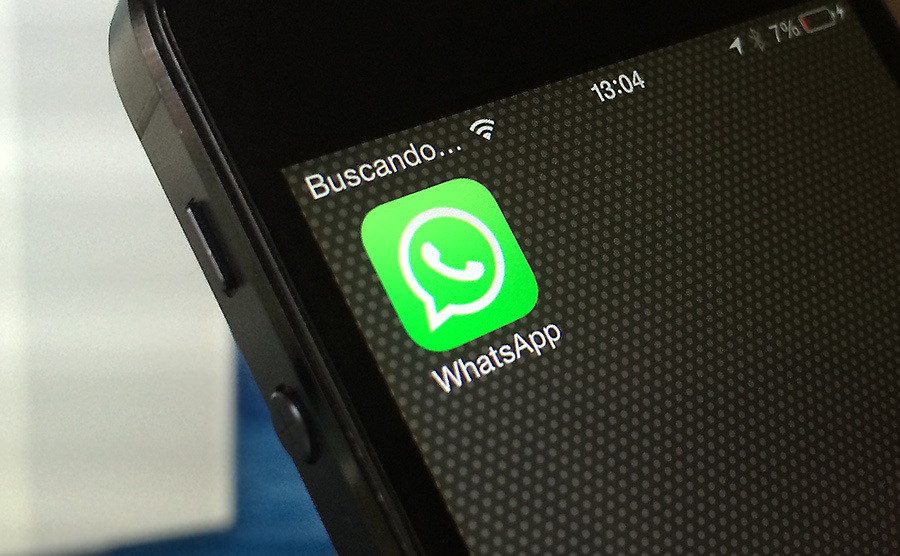Facebook’s reign as the dominant social media seems to be coming to an end. The platform has experienced a slow but steady usage decline in the last two years. Younger audiences turn to Instagram and Snapchat, where messages disappear in seconds without them worrying about the consequences of their posts. Older audiences have become wary of the tech company’s habit of sharing their information. But what is common to all is their preference for private messaging services, like WhatsApp. If this trend continues, Facebook’s business model—to keep users on the platform as long as possible to monetize ads—could be endangered in the long run. With the rise of private messaging, Zuckerberg needs to figure out how to monetize WhatsApp.
The Menlo Park-based company has had a rough couple of years. The Cambridge Analytica scandal and the spread of online misinformation pushed Facebook towards the edge. The recent live stream of the New Zealand massacre might have just thrown the company over the cliff. The last nail on the coffin? This week’s revelation that the tech company stored millions of user passwords on its internal servers for its employees to see.

According to the latest Infinite Dial Report from Triton Digital and Edison Research, the percentage of people using Facebook, age 12 and older, has dropped 6% since 2017. But WhatsApp, acquired by Facebook in 2014 for $19 billion, has increased its base.
With 1.5 billion users in 180 countries, the messaging app has especially triumphed in India (200 million users) and Brazil (120 million users.) The Netherlands, Spain and Italy have the highest market penetration percentage, where a whopping 80% of people use WhatsApp. Moreover, WhatsApp is eclipsing Snapchat by quickly copying its functionalities: in 2017, WhatsApp launched a feature called Status, through which users shared content that disappeared after a day (similar to Instagram Stories and Snapchat.) This feature took off very quickly: in May 2018, 450 million people already used the feature.
For Zuckerberg, WhatsApp is an incredible opportunity to create revenue. Its reach is only comparable to Facebook’s and YouTube’s. In contrast to them, WhatsApp has been harder to monetize but not for lack of trying. In 2018, the platform introduced the WhatsApp Business segment, aimed at businesses that must communicate with its clients. Although this feature is free now, it will probably start charging businesses when the audience increases. This same year, WhatsApp introduced WhatsApp Pay in India, an online payment feature. For now the initiative is stalled, but experts predict that the digital payment market in India could be worth $1 trillion by 2023, and WhatsApp could get a cut.
However, the obvious revenue source is advertisements. Let’s not forget that Facebook gets the majority of its income from ads—in 2017, 98% of its revenues came from advertisements. But advertising in WhatsApp poses a new problem. As of now, private messaging has remained ad-free. It is just too personal. Users only receive messages if they know the person sending them and can only send them if they have the recipient’s phone number. If ads were to be sent as messages through the app, users would rapidly raise privacy concerns (e.g why is WhatsApp giving my number to a company?) If those ads are introduced as banners on the app, users could easily return to text messaging, where there are no third-party intrusions. Either way, ads could destroy users’ trust in the private messaging app.
In the long run, monetization would not be a problem for the tech company. The problem for Facebook (and as a consequence, WhatsApp) is trust or lack thereof. WhatsApp monetization plans walk a fine line between making money and not losing users. Moreover, the thrive of fake news in the app also imperils the audience’s trust. For example, in India, 61% of the information received through WhatsApp and Facebook was deemed untrustworthy. Monetization must be done carefully. Scaring the client could result in a long-term loss for Facebook.

